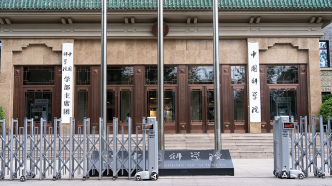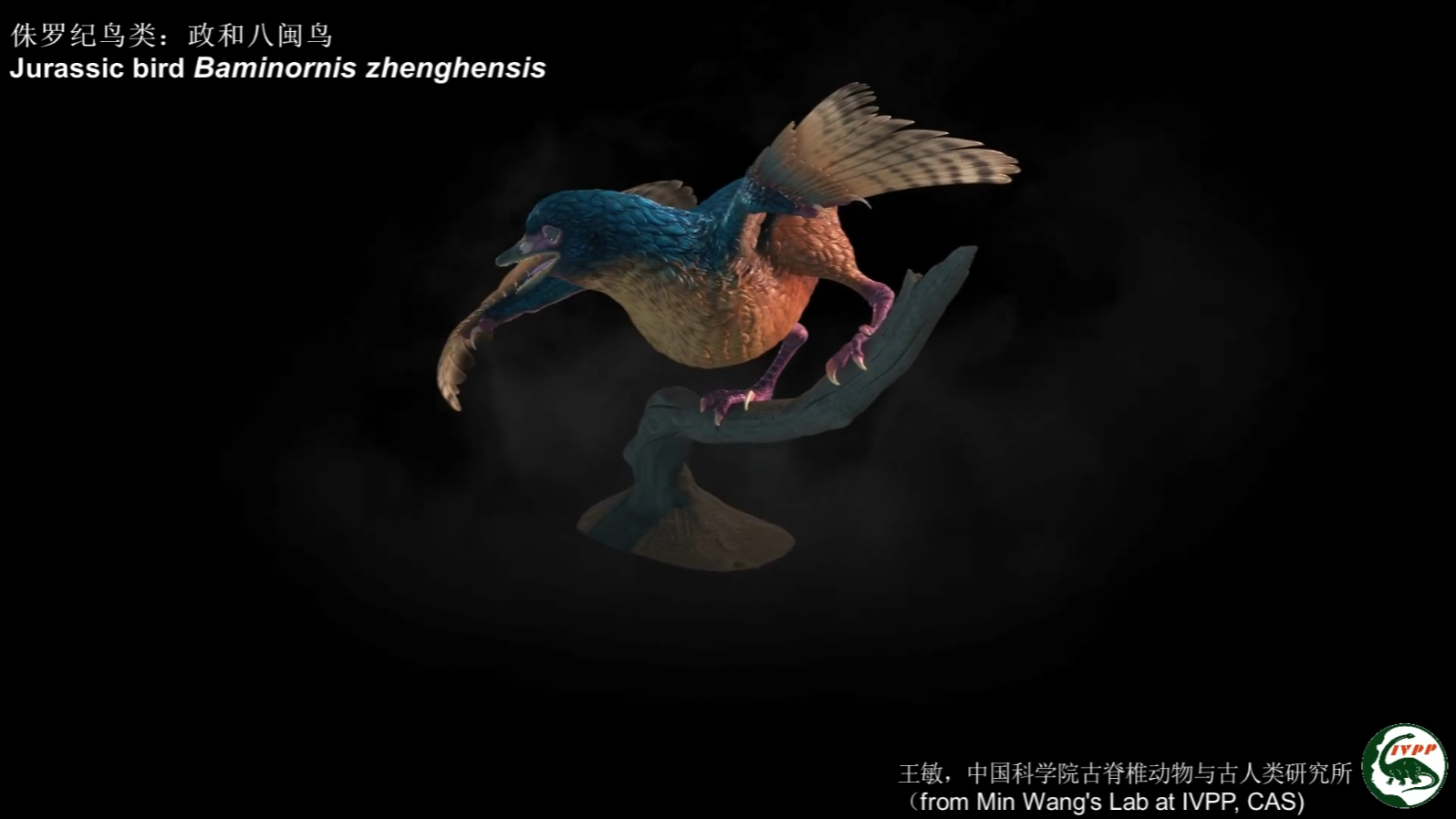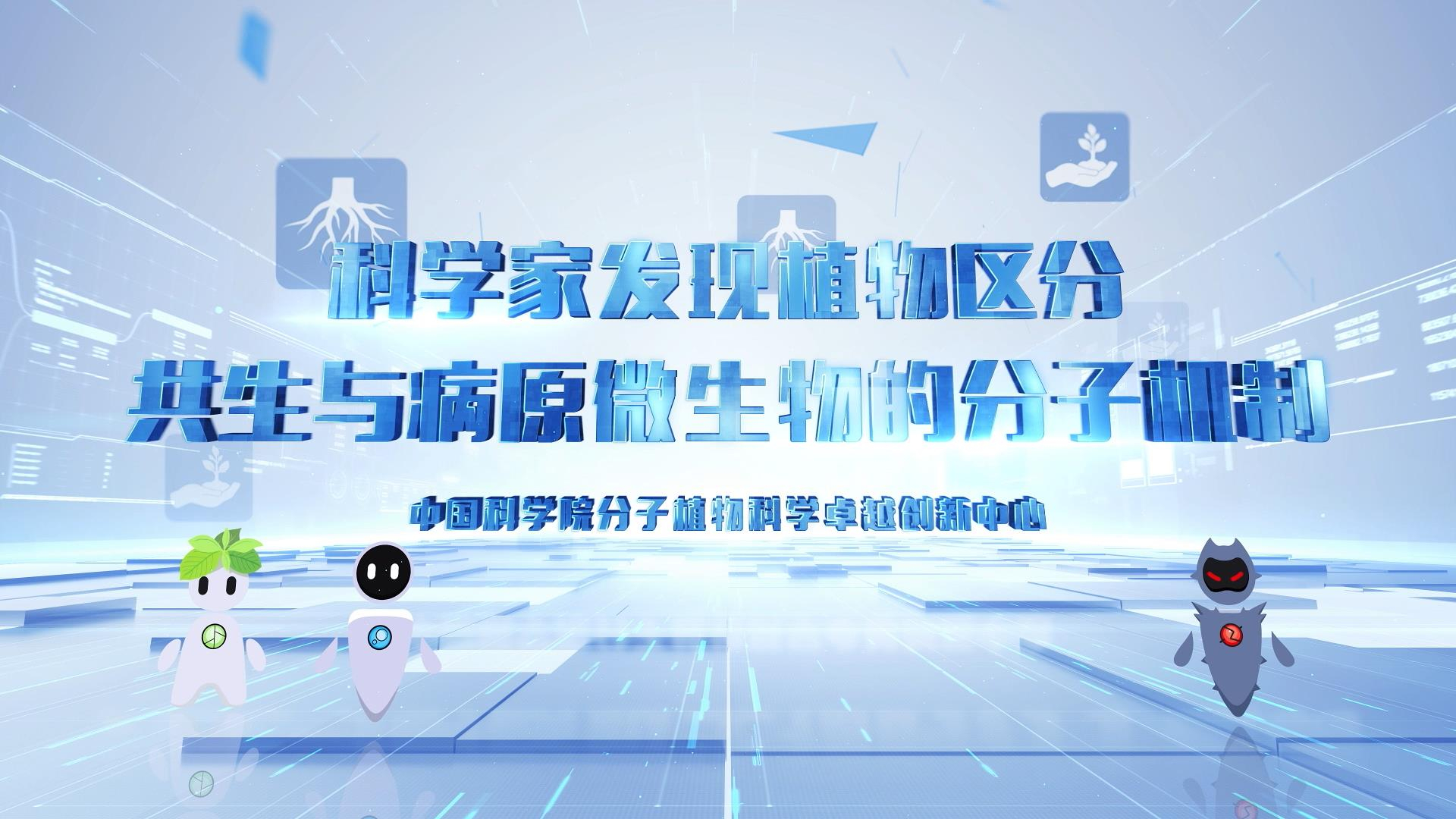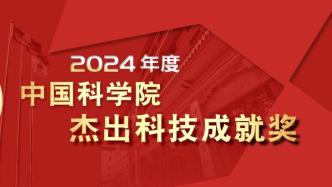
Nearly 9 years later, the "Code of Conduct for Academicians of the Chinese Academy of Sciences" was updated.
On August 2, 2023, a new version of the "Code of Conduct for Academicians of the Chinese Academy of Sciences (Trial)" (referred to as the "Code of Conduct for Academicians") with a total of six chapters and 33 articles was released. This specification was reviewed and approved by the Presidium of the Division of the Chinese Academy of Sciences, approved by the Party Group of the Chinese Academy of Sciences for implementation, and is responsible for interpretation and revision by the Presidium of the Division of the Chinese Academy of Sciences.
Compared with the old version of the "Code of Conduct for Academicians of the Chinese Academy of Sciences" that was adopted at the meeting of the Presidium of the Faculty of the Chinese Academy of Sciences on September 29, 2014, with a total of five chapters and 26 articles, the new version of the "Code of Conduct for Academicians of the Chinese Academy of Sciences" has an additional chapter and 7 articles , and the relevant "prohibited behaviors" are more Be strict and more specific.
Compared with the old version of the "Code of Conduct for Academicians", the new version of the "Code of Conduct for Academicians" has a new chapter on "Prohibited Behaviors" . There are 5 articles in this chapter, including " It is prohibited to participate in activities other than the Chinese Academy of Sciences and the Chinese Academy of Engineering, departments and academic groups, and academic journals in the name of academicians. It is prohibited to participate in various casual and social activities. It is prohibited to participate in the establishment of academician-named institutions. A place for non-academic activities ." " It is prohibited to publicly express academic opinions unrelated to one's own professional field" and other new content.
In addition, the first chapter of "General Principles" has added two items : " Be an example of pursuing the truth and climbing to the top. Study and judge the development trend of science and technology, give play to the leading role of academics, gather wisdom to tackle problems, unite and cooperate, and work together in key core technologies and industrial development. Take the initiative and take responsibility ." "Abide by the "Charter of Academicians of the Chinese Academy of Sciences" and the rules and regulations of the academic department, solemnly exercise the rights of academicians, earnestly perform the obligations of academicians , and better play the role of academicians. Strictly implement the academic department meeting system, participate in the co-election of academicians as required, and The organization organizes research and consultation on subject development strategies, academic activities and publishing, scientific norms and ethics, promotion of the spirit of scientists, science popularization and education, international exchanges and cooperation and other related work.”
Regarding part-time work and remuneration, the new version of the "Code of Conduct for Academicians" stipulates that "it is prohibited to use the title of academician to seek improper benefits." "Consciously abide by the academic department's regulations on part-time management, and part-time work must be compatible with one's own energy and time. Consciously abide by the academician's Reporting system." "Participate in assessment review, consultation, teaching, academic exchange and other activities related to one's subject area based on one's own professional knowledge, and be remunerated in accordance with relevant national standards. In the above activities, we must resolutely break the 'four onlys', insist on confidentiality, The principles of fairness and impartiality, seeking truth from facts, not showing favoritism, and consciously resisting all unhealthy tendencies."
The old version of the "Code of Conduct for Academicians" stipulates that part-time work and remuneration are, "Part-time work should not be in vain and must be commensurate with one's own energy and time. Income from part-time work must be commensurate with the labor paid, and taxes must be paid in accordance with the law." "No." Participate in activities that damage the reputation of the Chinese Academy of Sciences and the academician group, and do not seek improper benefits using the title of academician."
The "Code of Conduct for Academicians of the Chinese Academy of Engineering" was reviewed and approved in writing by the seventh presidium of the Chinese Academy of Engineering in November 2020, with a total of eight chapters and 27 articles. The specification stipulates that “Academicians should devote their main energy to their own work. On the premise of ensuring their own working hours and completing their own tasks, and subject to approval in accordance with the cadre and personnel management authority, they may engage in part-time work in their professional field, and shall not engage in part-time work that is not substantive. Various part-time and nominal jobs." "If you are paid, you must declare it truthfully and pay taxes in accordance with the law. The workstation where academicians are employed should comply with relevant national regulations. The workstation and part-time situation of employed academicians must be reported to the Academy of Engineering for record." "Personal behavior of academicians Violation of scientific research integrity requirements, violation of regulations and disciplines, damage to national interests, or even violation of national laws, will be dealt with seriously according to the "Articles of Association of the Chinese Academy of Engineering" and related regulations, including admonishment talks, departmental notifications, hospital notifications, and suspension for a certain period of time. "
Attached: Code of Conduct for Academicians of the Chinese Academy of Sciences (Trial)
Ministry of Science and Technology [2023] No. 36
Chapter 1 General Provisions
Article 1 Academician of the Chinese Academy of Sciences (hereinafter referred to as academician) is the highest academic title established by the state in science and technology and is a lifelong honor. In order to maintain the academic nature, honor and purity of the academician title, these norms are formulated in accordance with relevant national regulations and the "Charter of Academicians of the Chinese Academy of Sciences".
Article 2 Abide by the Constitution and laws and regulations, improve political standing, enhance the sense of responsibility, respect moral integrity, and be a model of loving the party and the country and a role model for scientific researchers.
Article 3 : Be an example of caring for the motherland and serving the people. In order to improve my country's independent innovation capabilities, enhance my country's comprehensive national strength, promote my country's scientific and technological progress, economic development, ecological protection, and improvement of people's livelihood, and contribute to national security and national decision-making.
Article 4: Set an example in pursuing the truth and climbing to new heights. Study and judge the development trend of science and technology, give full play to the leading role of academics, gather wisdom to tackle key problems, unite and collaborate, and take the initiative in the development of key core technologies and industries.
Article 5: Set an example by adhering to academic ethics and rigorous scholarship. Carry forward the fine traditions of the Faculty of the Chinese Academy of Sciences (hereinafter referred to as the Faculty), promote the truth-seeking spirit, set an example, be strict with self-discipline, adhere to morality first, integrity-based, dedication and dedication, indifferent to fame and fortune, consciously practice the core values of socialism, and lead the society Good fashion.
Article 6: Set an example by being willing to serve as a ladder for others and encourage others to learn from you. Shoulder the responsibility of recommending and cultivating young scientific and technological talents, promote the educating spirit of learning as a teacher and acting as a model, and make contributions to the emergence of innovative and top-notch talents.
Article 7 Comply with the "Articles of Association of Academicians of the Chinese Academy of Sciences" and various rules and regulations of the academic department, solemnly exercise the rights of academicians, earnestly fulfill the obligations of academicians, and better play the role of academicians. Strictly implement the conference system of the academic department, participate in the co-option of academicians according to the regulations, as well as the discipline development strategy research and consultation and evaluation organized by the academic department, academic activities and publications, scientific norms and ethics, promote the spirit of scientists, popularize science and education, international exchanges and cooperation, etc. Work.
Chapter II Code of Conduct for Scientific Research Activities
Article 8 Establish the value concept of science, with the mission of exploring the truth and discovering new knowledge, the goal of serving the society and benefiting mankind, and the pursuit of excellence in science with the spirit of science and scientific culture as the soul.
Article 9: Persist in emancipating the mind, seeking truth from facts, and adhering to a serious, strict, and rigorous scientific attitude. Adhere to scientific ethics, stick to the bottom line, strictly self-discipline, and play a leading role in the construction of scientific research integrity. Oppose academic impetuous and exaggerated style, and oppose all scientific research misconduct.
Article 10 Carry forward the spirit of scientific and technological collaboration and collectivism, respect the labor and rights of collaborators and others, take the lead in strictly implementing academic norms, and focus on cultivating scientific research teams with both ability and political integrity.
Article 11 Actively advocate the double-hundred policy of "letting a hundred flowers bloom and a hundred schools of thought contend", promote academic democracy, fully respect different opinions in the academic field, actively respond to academic doubts, and have the courage to correct academic mistakes.
Article 12 Strictly implement the relevant national regulations, abide by the integrity requirements of scientific research, abide by the ethical norms of science and technology, and carry out responsible scientific research.
Article 13 Focus on the main responsibility and the main business, and give full play to the leading role of academics. On-the-job academicians must insist on working in the front line of scientific research in their professional field, and generally spend no less than two-thirds of their time on scientific and technological innovation and R&D activities, and go deep into the grassroots and the front line to solve practical problems.
Article 14 To undertake scientific research projects, it is necessary to seek truth from facts, strictly perform the obligations of scientific research contracts, and use scientific research funds reasonably and legally.
Academicians who serve as the heads of party and government agencies, management agencies (units) with reference to the Civil Service Law, and the main heads of enterprises will no longer apply for scientific research projects during their tenure.
Chapter III Code of Conduct for Social Activities
Article 15 Actively promote the spirit of science, disseminate scientific ideas, advocate scientific methods, and popularize scientific knowledge. Actively use professional expertise to interpret and solve problems of national and social concern. Participate in science popularization activities for the public at least once a year when physical conditions permit.
Article 16 Consciously abide by the relevant regulations of the state and the unit on treatment and retirement.
Article 17 Consciously abide by the department’s regulations on part-time job management, and part-time jobs should be adapted to one’s own energy and time. Consciously abide by the academician reporting system.
Article 18 Participate in activities such as evaluation, consultation, lectures, academic exchanges and other activities related to one's subject field based on one's own professional knowledge, and receive remuneration in accordance with relevant national standards. In the above-mentioned activities, resolutely get rid of the "four onlys", adhere to the principles of confidentiality, fairness and impartiality, seek truth from facts, do not show favoritism, and consciously resist all unhealthy tendencies.
Article 19 Consciously accept social supervision, and correctly handle doubts and criticisms. When speaking publicly, it is necessary to be consistent with the major policies of the Party Central Committee.
Chapter 4 Addition of Code of Work Conduct
Article 20 Standing at the height of national interests, proceeding from the overall situation of scientific and technological undertakings, following the principles of fairness, objectivity, and integrity, and strictly controlling the quality of co-options. Participating in the co-option work must strictly abide by the discipline of the co-option work and sign a letter of commitment.
Article 21 When recommending candidates, the bottom line should be scientific research integrity and disciplinary standards, adhere to both ability and political integrity, adhere to academician standards, fully understand the scientific and technological achievements and scientific ethics of the recommended candidates, and independently judge the candidates Academic level and contribution, responsibly recommend candidates and write recommendations.
Article 22 During the selection process, carefully read and study the materials of the candidates, and judge and evaluate the academic level and contributions of the candidates comprehensively, scientifically and objectively.
Article 23: Go beyond the interests of departments, units and disciplines, and fulfill the election rights in a solemn and responsible manner. Pay attention to the development of major nationally urgent fields, basic disciplines and emerging interdisciplinary disciplines, and pay attention to the balance of disciplines.
Article 24 Consciously resist unhealthy tendencies and administrative interference in co-option work, resist various human evaluations, bear the responsibility for reporting inappropriate behavior in co-option work, and report violations of the co-election work code of conduct or codes in a timely manner report. Complaints or relevant materials received about candidates should be promptly submitted to the department's working organization for registration.
Article 25 Strictly abide by the avoidance system and confidentiality regulations for co-election work.
Article 26: Academicians who serve as heads of party and government organs, management agencies (units) with reference to the Civil Servant Law, and main heads of enterprises shall have their right to recommend and vote suspended during their term of office.
Chapter 5 Prohibited Behavior
Article 27 It is prohibited to participate in activities that damage the reputation of the Chinese Academy of Sciences and its academicians. It is forbidden to use the title of academician to seek illegitimate interests. It is prohibited to participate in activities other than the Chinese Academy of Sciences and the Chinese Academy of Engineering, departments and academic groups, and academic journals in the name of academicians. Participation in all kinds of occasional and entertainment activities is prohibited. It is prohibited to participate in setting up non-academic activity venues named after “academicians”.
Article 28 It is prohibited to publicly express academic opinions that have nothing to do with one’s own professional field. It is prohibited to participate in consultation, review, evaluation, evaluation, recommendation and other activities that have nothing to do with one's job responsibilities and professional fields. It is prohibited to violate the principles of fairness and confidentiality in activities such as recommendation, review, appraisal and awards.
Article 29 prohibits all kinds of inappropriate behavior in the selection of academicians. It is prohibited to accept recommendations entrusted by any individual or unit or recommend without principle; it is prohibited to intercede and say hello in the selection of academicians; it is prohibited to have improper contacts and exchanges of interests with candidates; it is prohibited to accept gifts under various names; it is prohibited to participate in activities that may affect the fairness of the selection of academicians. Sexual meetings and events, etc.
Article 30 It is prohibited to communicate with candidates in violation of regulations on matters related to the co-election work. It is prohibited to disclose WeChat, text messages, emails, letters and other complaint information or materials received by individuals related to the co-optation of academicians.
Article 31 It is prohibited to disclose to others in any way the discussions, evaluations, complaints, investigation and handling opinions on candidates, election results, etc. during the selection process. It is prohibited to disclose any information about the entire co-option process to the public without authorization.
Chapter VI Supplementary Provisions
Article 32 Consciously abide by this code of conduct. Any violation will be dealt with according to relevant regulations.
Article 33 This specification has been reviewed and approved by the Presidium of the Division of the Chinese Academy of Sciences, and approved for implementation by the Party Group of the Chinese Academy of Sciences. The Presidium of the Division of the Chinese Academy of Sciences is responsible for interpretation and revision.


